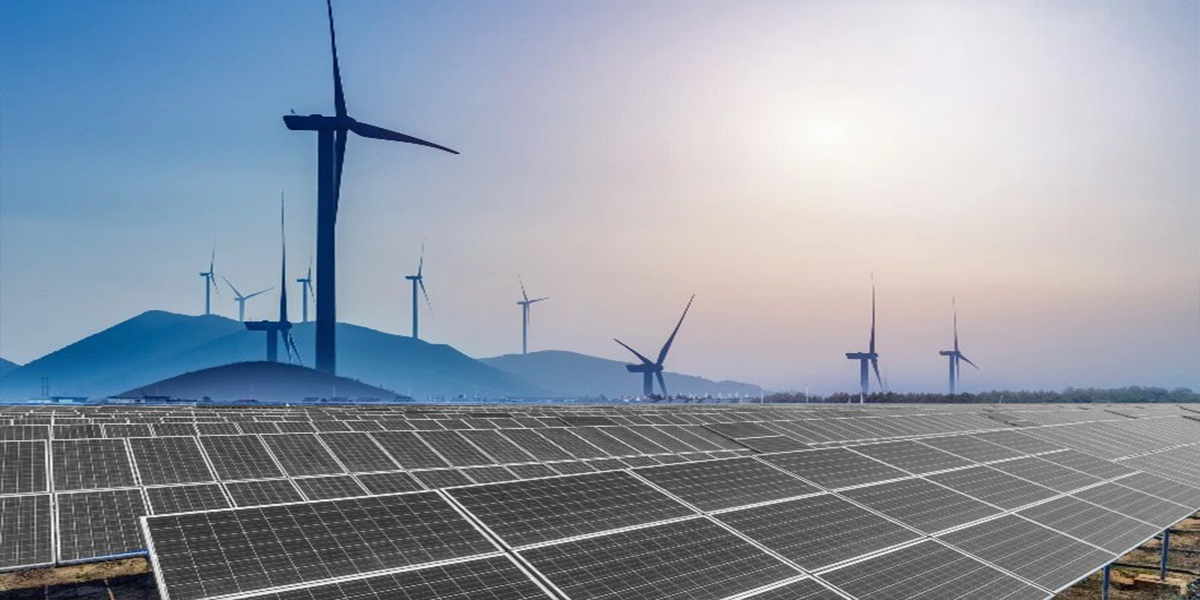
In the second quarter of 2023, there is a significant increase in the demand for renewable electricity in the United States, despite the challenges in the supply chain and laws against renewable energy in Texas. Edison Energy reported that buyers were more interested in renewable electricity due to new tax credit guidelines in Inflation Reduction Act.
The average cost of purchasing solar decreased because there was a 30% rise in the availability of wind and solar energy resources. However, solar developers still have to deal with high-interest rates and supply chain issues. Though prices have been rising for the past two years, there was some improvement in Q2, indicating a more stable market for solar energy.
The solar prices have increased slightly across all markets, while wind energy prices have decreased in the ERCOT and SPP regions. In the SPP region, wind energy prices are decreasing by 20%. Moreover, wind energy projects constitute about 14% of all North American energy markets.
Despite ongoing challenges in the renewable energy market, the industry is improving by adopting new strategies to manage risk. These strategies include marketing projects at later stages and conducting faster power purchase agreement transactions.
IRS Guidance for Renewable Electricity Market:
The preliminary IRS guidance on the new clean energy tax structure has brought more certainty to the U.S. renewables market. As a result, renewable energy buyers have gained more confidence in power purchase agreements.
The U.S. Treasury Department provided preliminary guidance on “adders.” These adders are just high tax credits for projects that meet specific requirements. These credits include the domestic content bonus credit, low-income communities bonus credit, energy community credit, and direct pay and transferability rules.
The IRS report also highlights the regulatory factors that can influence the current renewable electricity market. For instance, the solar tariff Congressional Review Act has brought some certainty to solar panel pricing. Additionally, permitting reforms and the Fiscal Responsibility Act can speed up the installation of renewable energy projects.
Despite these developments, many developers still feel that conditions haven’t significantly improved. Buyers are still facing issues when it comes to installing renewable electricity projects. To cope with the uncertainty in pricing, some developers have developed a strategy of waiting for market projects until they are fully out of risk. Edison Energy has observed that a lot of developers are using this approach over the past few quarters.
The 88th Texas Legislative Session:
During the 88th Texas legislative session, several bills were introduced that could negatively affect the renewable electricity market. These bills were a response to the belief that renewable energy was the damage cause by Winter Storm Uri. However, due to the Texas House of Representatives and the efforts of trade groups, these bills either failed to pass or were weakened from their original form.
The legislative session may bring changes to the Texas energy market. However, it will take several years to fully understand its impact and how it will affect the renewable electricity market. Despite the uncertainty, many developers still continue to invest in the ERCOT market. However, some developers have become less optimistic and are shifting their focus to other markets instead.
News Source: Environment Amarica
